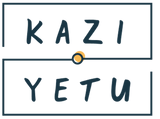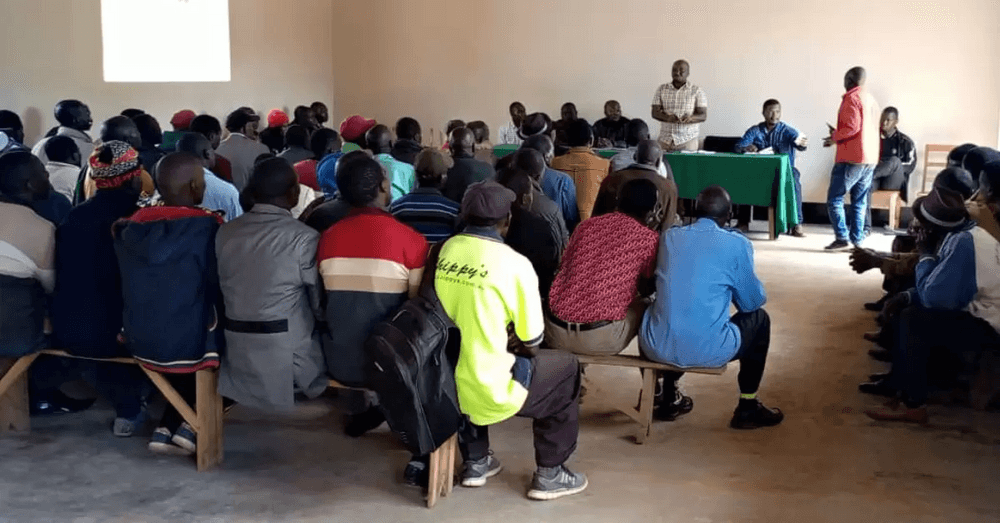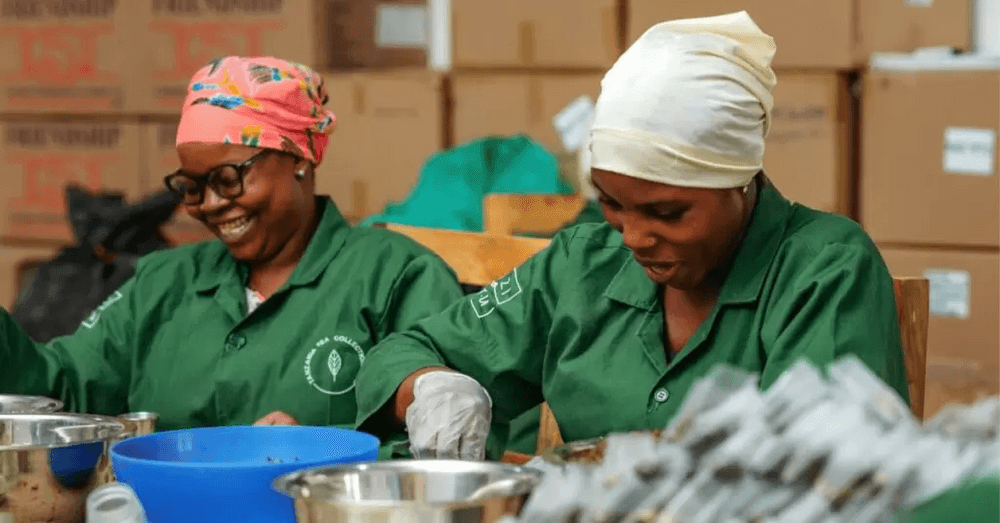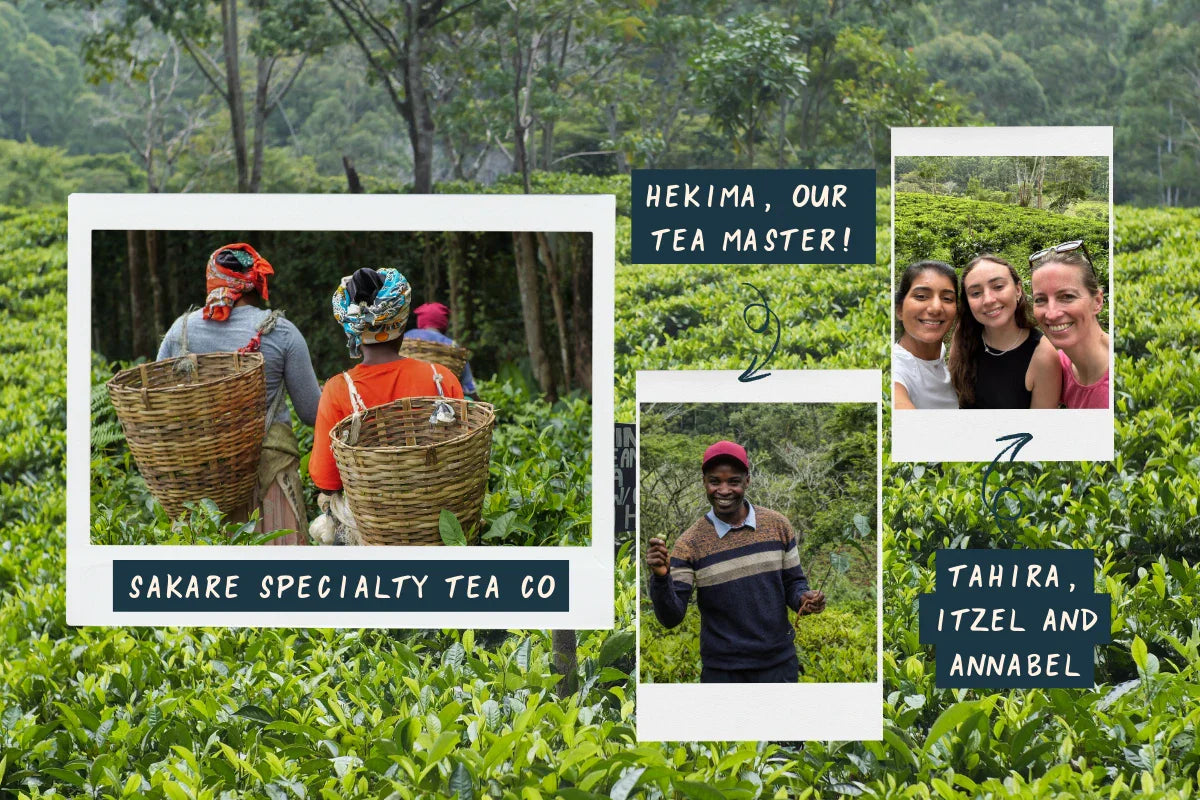If you remember, If you remember, focused on our impact-driven supply chain strategy. In order to build reliable local supply chains, we put a lot of thought into how we can create a collaboration that is beneficial for both parties (the supplier and Kazi Yetu) and how we can best support capacity building on farmer level.
Joseph, our Supply Chain Coordinator, plays an important role in all of this, as he ensures that our supply chain strategy is actually implemented. Through the following interview we want to show you a bit about his field life.

Joseph, could you please describe your work at Kazi Yetu? What are your main responsibilities?
My responsibilities are very diverse, so each day is a bit different! As the Supply Chain Coordinator, I maintain Kazi Yetu’s supply chain database. I source ingredients from our suppliers according to our annual ingredients purchase plan and harvesting calendar. I maintain the traceability records of all ingredients from farm to factory and I conduct quality checks for all ingredients we receive at our factory. I work with our suppliers and small scale farmers to explore the possibilities of planting new ingredients. I provide them training and mentor them on good farming practices that lead to good harvests.
How often do you visit Kazi Yetu´s suppliers?
It depends on the type of supplier and how much support they may need from me in terms of training and quality checks.
On average, I visit each supplier at least 2 times per year:
(1) during farming season to advise suppliers (farmers) on good farming practices in order to produce high-quality ingredients and
(2) after harvesting to advise on good post-harvest management practices.
What does a supplier visit typically look like?
During a supplier visit we visit the farmlands as well as the production and storage areas. After that we sit down and discuss the terms of our collaboration, upcoming orders, prices etc. Overall, during my visits I observe the working environment of the supplier to ensure that the conditions are positive for the workers and farmers. I encourage the suppliers to engage more women and youth and I check that all workers are fairly compensated.
What does the collaboration between Kazi Yetu and a supplier look like?
For our collaboration with suppliers we use a partnership contract and a standard supplier handbook. Our guiding principle is that both parties (the supplier as well as Kazi Yetu) benefit from this collaboration. The supplier provides the respective ingredient in the quality required by our ingredient specification. In return, we pay a premium price, we pay on time and support with training and climate smart technologies.
How do you agree on the prices with the suppliers?
We review the market price, request the proposed price from the supplier, and generally we pay an average of 20% higher price for our teas, herbs, and spices. We believe this premium price will help them continue doing business and also make a profit on it.
What are the biggest challenges of the suppliers?
For many suppliers, good agricultural practices and post-harvest management is a challenge, due to lack of resources and training. This is why we support as part of our special projects some of our suppliers with climate smart agricultural technologies such as solar dryers.
How does the traceability system work?
To ensure the traceability of our tea products from farm to cup is a very important part of my work. Each supplier keeps records so that after harvesting we can trace the movement of the produce from farm to Kazi Yetu. At Kazi Yetu we create a batch number for each ingredient received as well as a separate batch number for the final product. This is the number you can find on each packaging. If you scan the QR Code and enter the batch number, you can trace each ingredient back to its origin.






Leave a comment
This site is protected by hCaptcha and the hCaptcha Privacy Policy and Terms of Service apply.